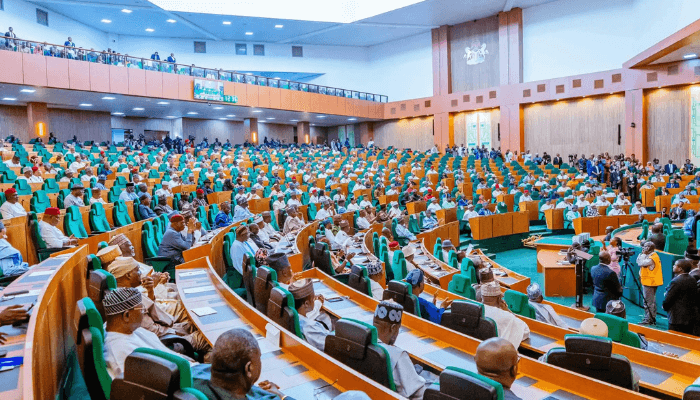In a decisive move to curb corruption, dismantle impunity, and strengthen public accountability, the House of Representatives on Wednesday advanced 42 constitutional amendment bills to the second reading stage.
Among the most consequential proposals is the bill seeking to revoke the immunity currently enjoyed by the Vice President, State Governors, and their Deputies. This amendment aims to ensure that public officials are held accountable while in office, preventing them from using immunity as a shield against prosecution for corruption and other offenses.
Several other significant bills also moved forward, including:
A Bill to Amend the 1999 Constitution – This proposal seeks to qualify the immunity granted to the President while completely removing it for the Vice President, Governors, and their Deputies. The objective is to eradicate impunity and foster greater transparency in governance.
A Bill to Separate the Offices of the Attorney-General and Minister of Justice – This amendment proposes distinguishing the roles of the Attorney-General of the Federation and the Attorney-General of a State from the Minister of Justice and State Commissioners for Justice. The aim is to prevent political interference in legal proceedings and reinforce the independence of the judiciary.
A Bill to Expand Citizenship Rights – This bill seeks to grant automatic citizenship rights to foreign spouses of Nigerian women, addressing a long-standing legal disparity. Additionally, it proposes setting a minimum quota for youth and women appointees in government positions, ensuring broader representation in governance.
Creation of New States Under Review
In addition to governance reforms, the House also considered bills advocating for the creation of new states, including:
Ijebu State
Ife-Ijesa State
Tiga State
Orlu State
Etiti State
Next Steps
The proposed amendments were not subjected to debate at this stage, but their progression brings the total number of bills that have scaled second reading to 81. The next phase will involve further scrutiny and deliberation before they can advance to the committee stage and eventual passage.
If passed, these amendments could fundamentally reshape Nigeria’s governance framework, enhancing accountability, judicial independence, and inclusivity in leadership.



